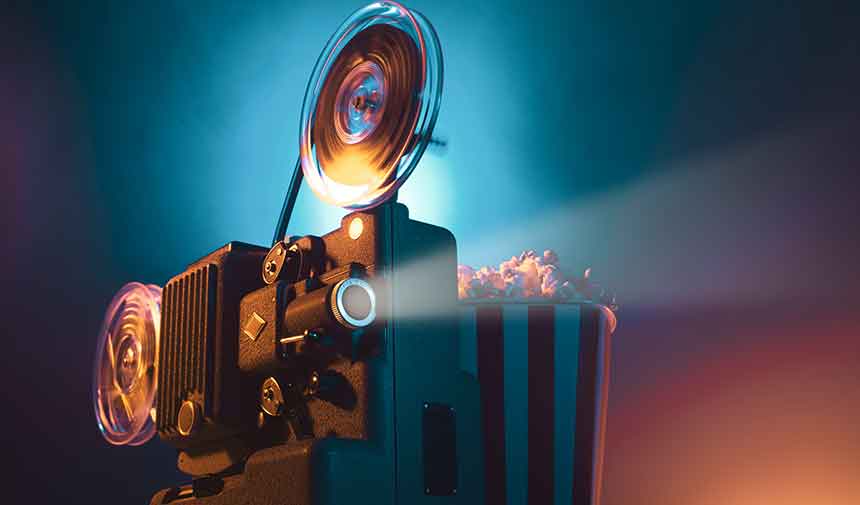Technological Revolution in Cinema, Digital Effects and Artificial Intelligence
The film industry is constantly evolving with the development of technology, and in this process, digital effects and artificial intelligence (AI)-assisted filmmaking have come to the fore. While these technologies make movies more realistic and impressive, they also push the boundaries of creativity. In this article, the roles of digital effects and artificial intelligence in filmmaking, the innovations they bring and the challenges they face will be discussed.
Digital effects play a critical role in creating surreal scenes and characters, especially in science fiction and fantasy films. Methods such as CGI (Computer Generated Imagery), green screen technology and motion capture allow directors to transcend the boundaries of the physical world. These technologies have been used successfully in films such as “Avatar” and “The Lord of the Rings”, providing audiences with unforgettable visual feasts. Digital effects also offer the advantages of reducing costs and speeding up production processes.
Artificial intelligence is used in various ways in the filmmaking process. AI is effective in a wide range of areas, from script writing to post-production processes. For example, by analyzing scripts, AI-powered software can predict which scenes might be more impactful or determine which dialogues need to be edited. AI-powered editors can also automate film editing, selecting the best scene transitions and thus reducing the workload of editors.
AI is also revolutionizing areas such as character animation and voice acting. AI technologies make animations look more natural by enabling characters to exhibit more human-like facial expressions and movements. As for voice-over, AI-generated voices can sound very close to real human voices, which is a significant advantage, especially in language translation.
While these technological advances offer countless opportunities to the film industry, they also bring some challenges. The overuse of digital effects can sometimes cause films to become visually overloaded and overshadow the story. Furthermore, the potential impact of AI applications on ethics and creativity remains a matter of debate within and outside the industry.
In conclusion, digital effects and artificial intelligence have revolutionized filmmaking and, in the process, brought the art of cinema into a new era. These technologies have expanded forms of creative expression, offering filmmakers and audiences richer and more diverse experiences than ever before.



